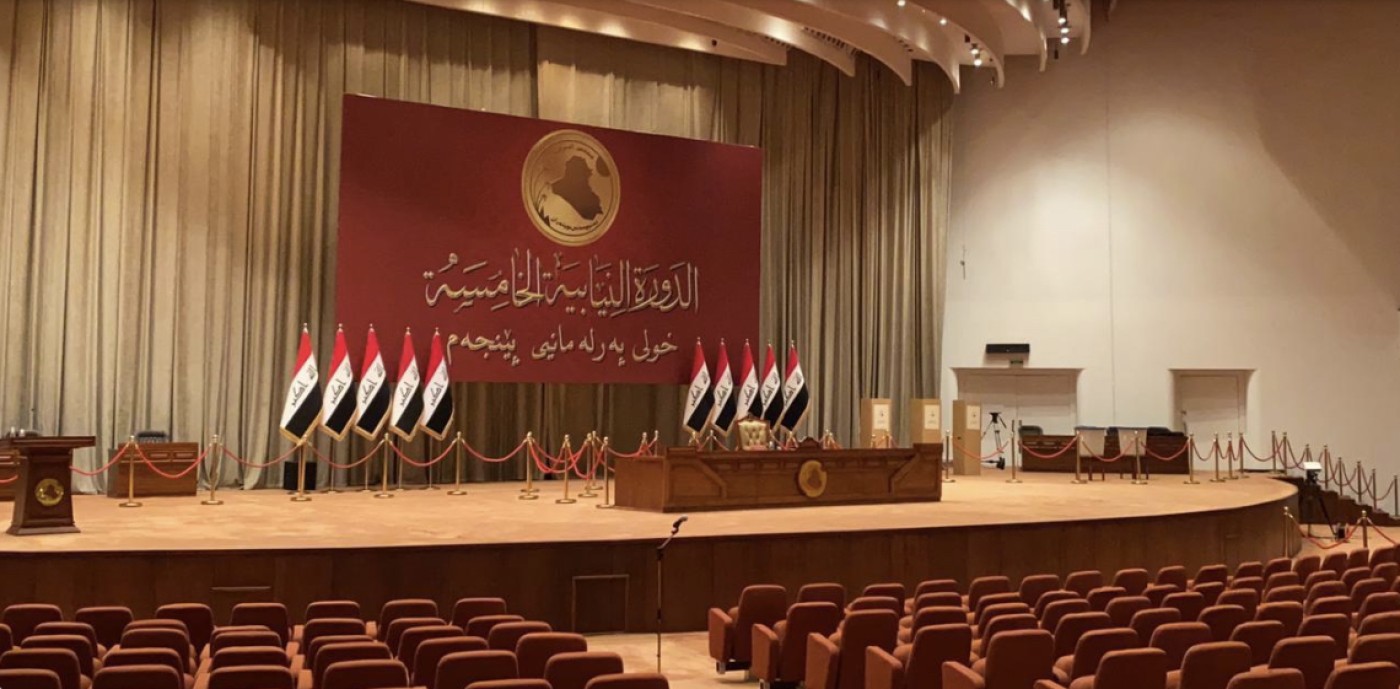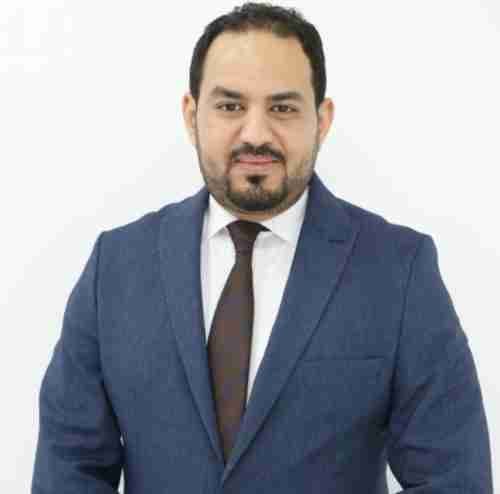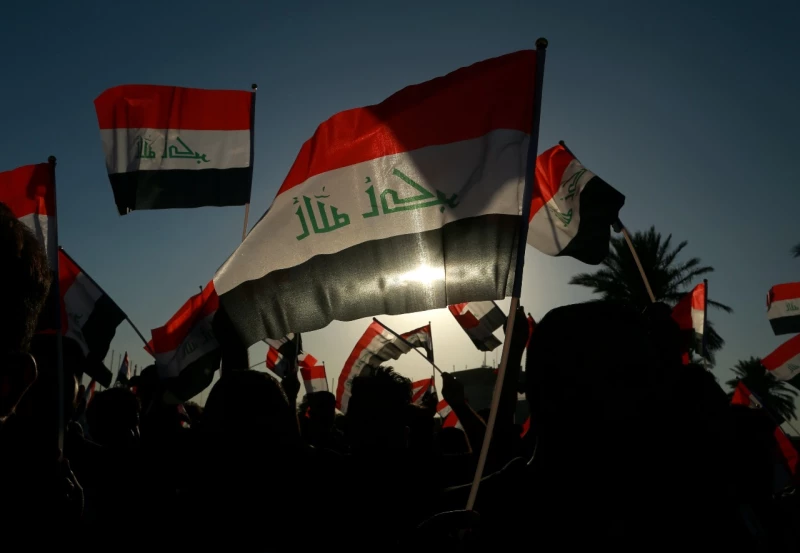The Sunni forces in Iraq are moving toward the option of abandoning their unified decision to choose a consensus candidate for the parliamentary speaker position, in favor of going towards the “national consensus” as described by former parliamentary speaker Mohammed al-Halbousi, who decided to raise a white flag and surrender his hard-line position to pass his party’s candidate.
In his latest comment on the matter, Halbousi informed his party members that the election of the speaker would be entrusted to the national consensus, indicating that the Sunni political forces had not agreed on a single candidate for the position.
The inability of the Sunni parties to agree on a single candidate and resolve their differences, the opinion of the other powers, especially the Coordination Framework, will have an influence on the issue.
According to a source close to Halbousi, he has backed away from his hard-line position of passing the party’s candidate and insisting on it, after the developments of the matter last week, and the objection against the party’s candidate Shaalan Karim by certain Sunni forces and others from within the Coordination Framework.
Karim, who received the highest amount of votes in the first round of the parliamentary vote to elect a new speaker, faced major objections from other Sunni parties, example of Sovereignty and Al-Azem, and had also faced objections from some of the Coordination Framework forces that reached the point of submitting a lawsuit against him at the Federal Supreme Court to revoke his candidacy.
This objection is what prompted Halbousi to reconsider the file, and accept the option of going to the national consensus, in the hope of achieving a gain that will not be achieved by agreeing with the Sunni forces that want to pass their candidates at the expense of Halbousi’s candidate, and thus the chances of all candidates will be equal.
“The previous agreement required that the candidate for the position of speaker of the parliament obtain the approval of the majority within the Sunni components, and then the agreement of the political forces, but the views were not identical and thus prevented consensus on any candidate,” Iraqi political affairs researcher Wathiq al-Jaberi told The New Region.
“The representatives of the framework want to adopt the candidate that the Sunni component wants and accept in majority,” he added, pointing out that even during the first round, they voted for different candidates.
Jaberi believes that the issue will be resolved soon due to the presence of pressure on the Parliament, with efforts, communication and dialogue between the Sunni forces and the Coordination Framework who realizes that time is running out for them.
However, there are some opinions that the issue will not be resolved soon, and the same reason relates to the lack of agreement within the Sunni component on a consensual candidate for the speaker, with Halbousi preferring not to keep the position inside Anbar province.
“The lack of consensus within the Sunni component and at the collective level also leads to the exclusion of the option of resolving the issue this week, as the headlines presented and circulated, especially since they are provocative headlines, will hinder the consensus option,” political analyst Ali al-Baidar told The New Region.
Halbousi does not want the new speaker of the parliament to be from Anbar, because it could reduce his influence in the province, Baidar said, adding that “the exclusion of Karim has raised points of tension in the scene of accepting candidates, whether Karim or Salem Al-Issawi, while Mahmoud al-Mashhadani is not accepted by Sunni political public opinion, and therefore all the names that have been proposed recently or participated in the process of the nomination will be disqualified.”
Based on the previous data, the political forces face a decisive week in this direction, either by choosing a Speaker of the Council or by postponing the file until further notice, to confirm the decision of the political majority that wants a non-controversial candidate for the position of Speaker of the House of Representatives, who does not raise political differences within the constituents.


 Facebook
Facebook
 LinkedIn
LinkedIn
 Telegram
Telegram
 X
X



